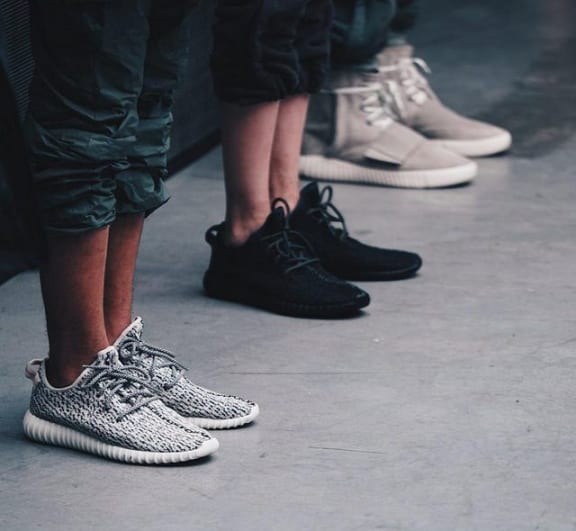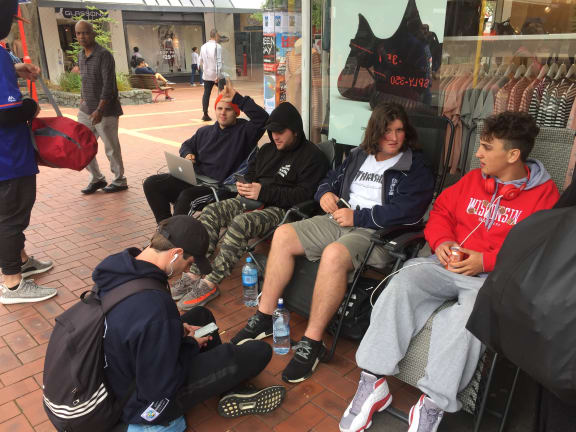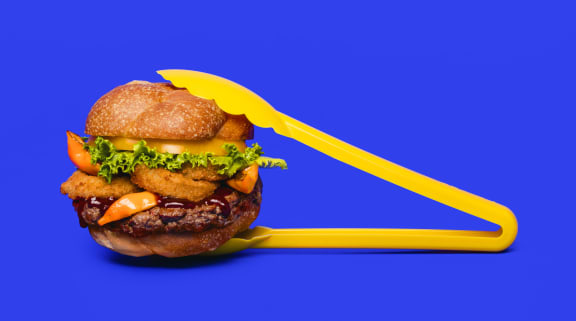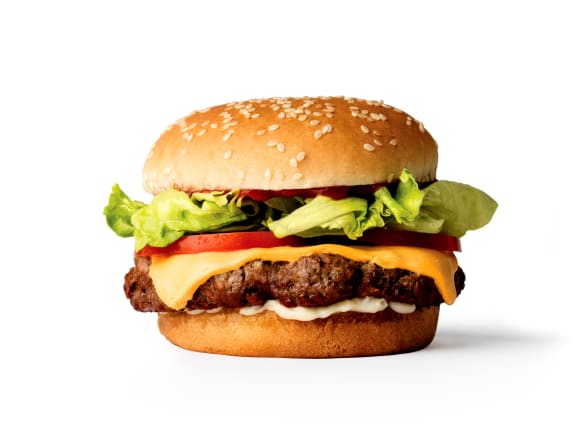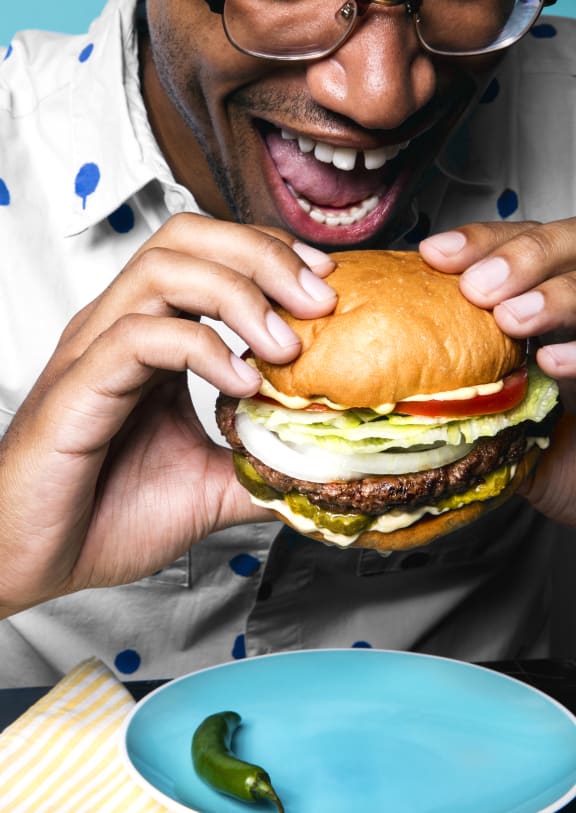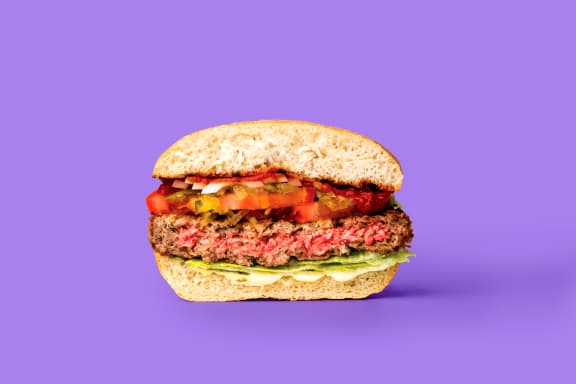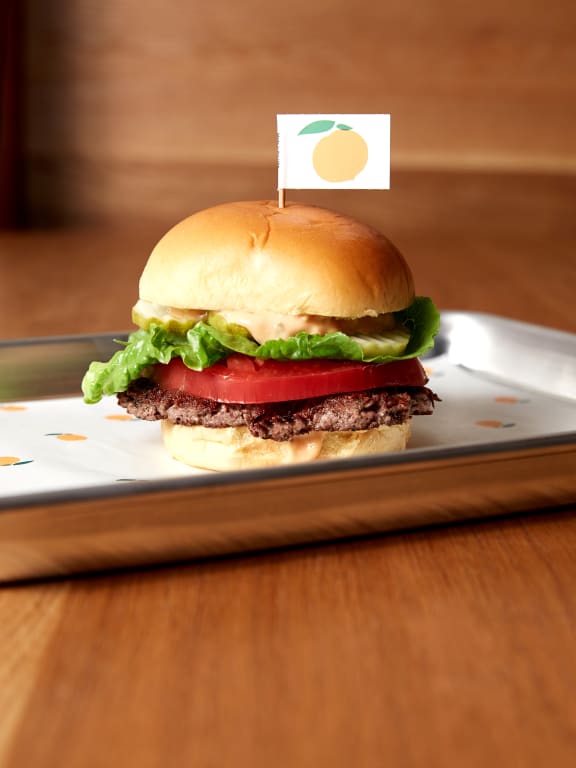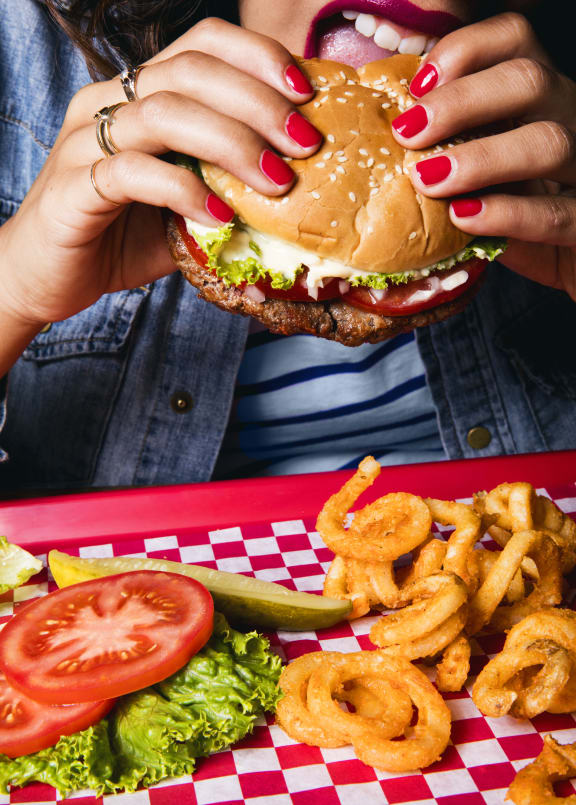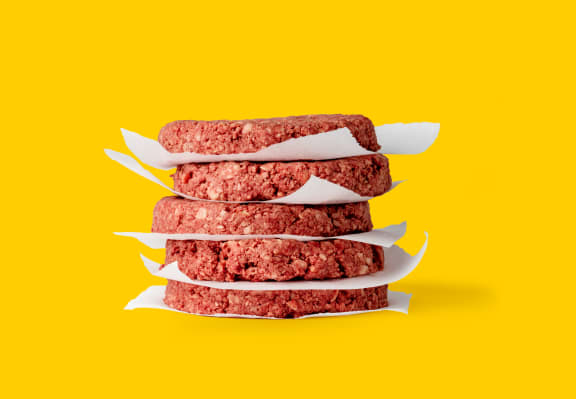This Way Up for Saturday 11 March 2017
This Way Up for Saturday 11 March 2017
Queueing up for kicks, Uber and Airbnb's success, a plant based burger, and did the CIA hack consumer devices?
Queuing for kicks
Would you sign a contract to join a queue for nearly 2 days to buy a pair of shoes costing nearly $400?
This Way Up explores the world of the hardcore sneaker head - a place where a passion for cool kicks is a serious business.
You'll have seen media reports about people queuing up before the launch of some new technology, whether that's a smartphone or a games console. There are even stories about actors being paid to stand in these queues to create a bit more of a buzz.
It's not just new tech that people are queuing up for either. What about camping overnight for a pair of shoes costing nearly $400? And you even have to sign a contract for the privilege!
Specifically these shoes are limited edition trainers called the Yeezy. They're designed by the rapper and music producer Kanye West and if you do manage to beat the competition and nab a pair, they will triple in value overnight...if only that contract you signed allowed you to resell them, that is.
The Upstarts: Uber and Airbnb
The ride-sharing app Uber and the accommodation booking service Airbnb have both proved seriously disruptive to traditional business models.
Journalist Brad Stone went behind the scenes at both companies to look look at how they're doing it.
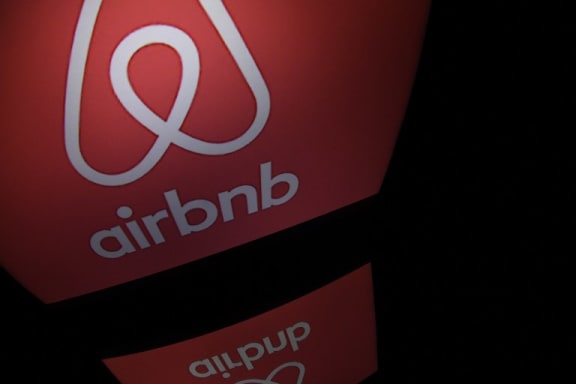
Photo: Lionel BONAVENTURE AFP
Not just for taxi companies and cabbies, and the governments and city councils worried about the availability of affordable housing, but for you and me too. They've made the idea of getting a lift in a complete stranger's car or sleeping in their bed seem normal, easy and cost-effective.
Meanwhile, just as Amazon has transformed itself from an online bookstore to a gigantic online hypermarket, Uber and Airbnb have ambitious plans to own your travel and transport experiences.
Brad Stone is the author of The Upstarts: How Uber, Airbnb, and the Killer Companies of the New Silicon Valley Are Changing the World.
An impossible food? A non-meat burger
With the world's population predicted to rise from about 7 billion to 10 billion people by 2050, global demand for meat is expected to double over the same period. But where's all this meat going to come from, and how is it going to be produced?
Meanwhile, some consumers are shunning meat for reasons including their health, animal welfare, and concerns about the environmental impact of farming animals.
So the search is on for alternative protein sources to fill the gap, and investors are tucking in!
Enter the Impossible Burger- a plant-based food that's claimed to smell, taste and sizzle just like the real thing but is produced using just a fraction of the resources needed to produce real meat.
The idea is to take the animal out of the equation and go direct to the source of the taste, the texture and the smell: the protein.
Nick Halla is the Chief Strategy Officer for Impossible Foods, which has received $US150m in investment.
Its plant based protein, which imitates ground beef, is on the menu at five restaurants in the US.
Halla says the company focused on imitating burger patties.
“It’s a big worldwide category, it’s a huge impact environmentally and it’s iconic and delicious.”
But he says reconstructing ground beef wasn’t easy, as people still expect the taste and texture of a big juicy beef patty.
“The way all the flavours and aromas generate when you put it on the grill, the muscle, that is really the main component of it, the connective tissue that’s tougher, all those pieces are extremely important to the consumer experience.”
He says one of their first tasks was to test all the plant components in the world to understand what was available.
But testing blindly wasn’t effective so Halla says they tried to establish what the combination of factors was that lead to the final patty experience.
“There’s one protein that drives almost all that chemistry of creating that flavour and aroma of meat, and it’s a protein called heme.”
Hemeprotein is very prevalent in beef, lower in chicken and as a molecule is present in all plants and animals.
“So it’s part of really the building blocks of life.
Halla says they use a plant based hemeprotein from legumes.
They then looked at the ways of extracting the protein and learned the most efficient way to do that was produce it in a yeast, very similar to the ones used in Belgian beer.
“It is a very typical fermentation process.”
That is then combined with various other ingredients, including coconut oil, wheat protein, and potato protein.
“The meats that we are producing today, the ground meats, are one category, but we do have the ability to produce whole cuts like chicken, steak, or fish.
“And dairy like cheese and yoghurt and products like that.”
He says animals are great at taking plant based proteins and nutrients and putting them into foods that people like to eat.
“For a cow there’s 33g of protein that goes into a beast, verse every one that we eat out.
“If we go to the source and use it directly we can actually have a much more effective and sustainable production system.”
Tech news: Streaming services and CIA hacks consumer devices?

Tech commentator Peter Griffin. Photo: Supplied
Some new figures show how New Zealanders are taking to streaming video on demand services like Lightbox, Netflix and NEON to watch TV and movies. The short answer is pretty darn well, actually, with Netflix in particular showing big growth.
Also the big tech story this week was another WikiLeaks extravanganza and the news that the CIA's been hacking consumer devices like TVs (including tech correspondent Peter Griffin's own model of smart TV!) to gather intelligence.


